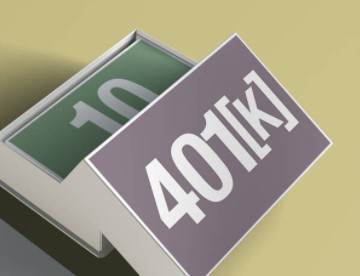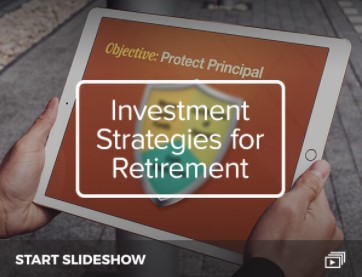


RETIREMENT • Read Time: 3 min
Certain Uncertainties in Retirement
The uncertainties we face in retirement can erode our sense of confidence, potentially undermining our outlook during those years.
Indeed, according to the 2017 Retirement Confidence Survey by the Employee Benefits Research Institute, only 18% of retirees say they are “very confident” about having enough assets to live comfortably in retirement. Almost 40% were either “not too confident” or “not at all confident.“
Today’s retirees face two overarching uncertainties. While each on their own can lead even the best-laid strategies to go awry, it’s important to remember that remaining flexible and responsive to changes in the landscape may help you meet the challenges of uncertainty in the years ahead.
An Uncertain Tax Structure
A mounting national debt and the growing liabilities of Social Security and Medicare are straining federal finances. How these challenges will be resolved remains unknown, but higher taxes—along with means-testing for Social Security and Medicare—are obvious possibilities for policymakers.
Whatever tax rates may be in the future, taxes can be a drag on your savings and may adversely impact your retirement security.¹ Moreover, any reduction of Social Security or Medicare benefits has the potential to place a further strain on your retirement.
Consequently, you’ll need to be ever mindful of a changing tax landscape and strategies to manage the impact.
Market Uncertainty
If you know someone who retired, or looked to retire in 2008, you know what market uncertainty can do to a retirement blueprint.
The uncertainties haven’t gone away. Are we at the cusp of a bond market bubble bursting? Will the Euro Zone find its footing? Will U.S. debt be a drag on our economic vitality?
Over a 30-year period, uncertainties may evaporate or resolve themselves, but new ones historically have emerged. This means understanding that the solutions for one set of economic circumstances may not be appropriate for a new set of circumstances.
Scottish Philosopher Thomas Carlyle said "He who could foresee affairs three days in advance would be rich for thousands of years.”² Preparing for uncertainties is less about knowing what the future holds as it is about being able to respond to changes as they unfold.
- The information in this material is not intended as tax or legal advice. It may not be used for the purpose of avoiding any federal tax penalties. Please consult legal or tax professionals for specific information regarding your individual situation.
- Brainy Quote, 2017
The content is developed from sources believed to be providing accurate information.The information in the material in not intended as tax or legal advice. It may not be used for the purpose of avoiding any federal tax penalties. Please consult legal or tax professional for specific information regarding your individual situation. The opinions expressed and material provided are for general information, should not be considered a solicitation for the purchase or sale of any security.
Have A Question About This Topic?
Related Content
Does it make sense to borrow from my 401(k) to pay off debt or to make a major purchase?
The list of IRA withdrawals that may be taken without incurring a 10% early penalty has grown.
Investment tools and strategies that can enable you to pursue your retirement goals.




